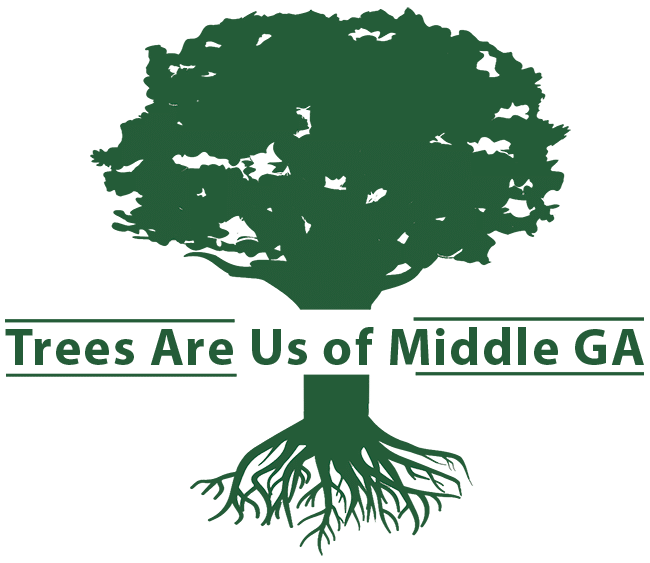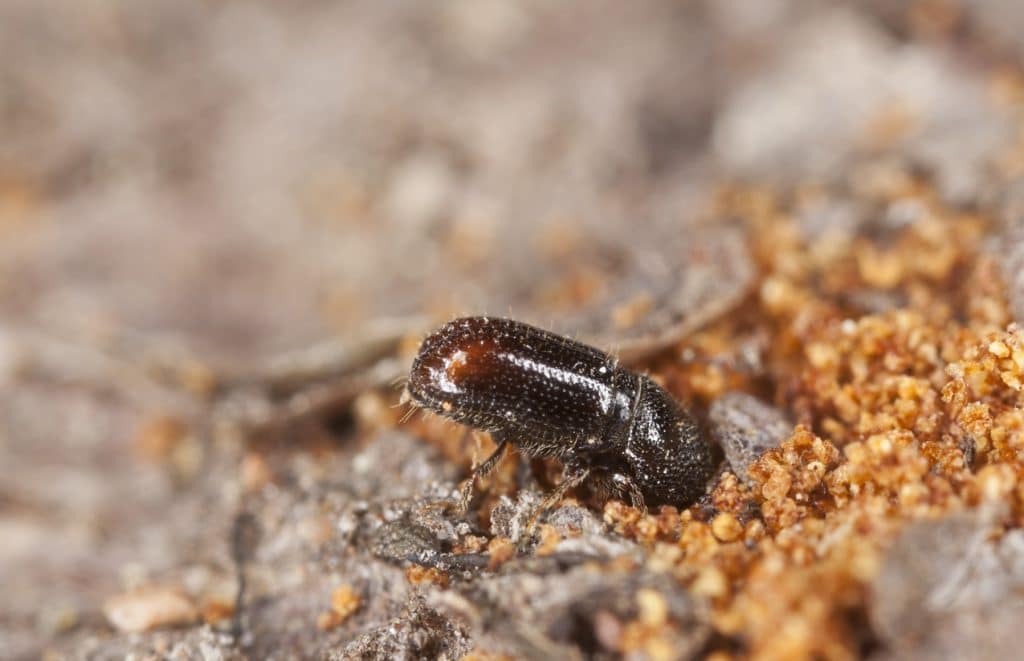The warm spring weather common to Warner Robins, GA is perfect for destructive pests looking to mate and find new homes. The trees in Georgia are susceptible to infestation of a number of destructive bugs that are known to kill trees if left to their own devices. Knowing how to identify the pests will help you take swift action to save your tree and prevent the insects from spreading. Here are some of the most destructive bugs that kill trees in Georgia.
Southern Pine Beetle
This reddish-brown or black beetle is known to attack species of southern yellow pines, burrowing underneath the bark to eat and lay eggs. They leave pitch tubes and boring dust on the outside of the tree and carry a fungus that stops sap movement within the tree. Trees suffering attacks will have needles that change color and drop as the tree dies.
Ips Engraver Beetles
These beetles come in several varieties that infest different areas of pine trees. These bugs have distinctive rear ends surrounded by blunt spines and create reddish-brown boring dust that can be seen in the crevices of the bark of infested trees. These beetles multiply rapidly and quickly invade damaged or recently pruned trees.
Black Turpentine Beetle
Black turpentine beetles are attracted to the odor that come from fresh tree wounds, nearly always attacking damaged trees in force. A telltale sign of infestation is the appearance of pinkish-white boring particles on the lower section of the tree trunk as the adult beetles tunnel underneath the bark and lay eggs in clusters along the sides of the hole. For severely infested areas, tree removal is the only feasible option to stop the spread of the infestation.
Ambrosia Beetles
Some species of ambrosia beetles attack the twigs and branches of living hardwood and coniferous trees. They feed on a mold-like fungus that they cultivate inside the trees, resulting in the fungus attacking the tree and killing it. In Georgia, the beetle has been linked to extensive dieback of holly, magnolia, and various species of oak tree.
Scale Insects
These small pests feed on the nectar and sap of various evergreen and deciduous plants. They drain vital fluids from the plant, causing needle stunting, leaf yellowing, and branch dieback. If the infestation is severe, the tree becomes susceptible to boring insects and plant death may occur.
Get Help Today
Quick action is key to saving trees from destructive bugs that can kill them. If you think that harmful pests have infested trees on your property, call the skilled arborists at Trees Are Us of Middle GA for an evaluation and help determining which course of action to take.




